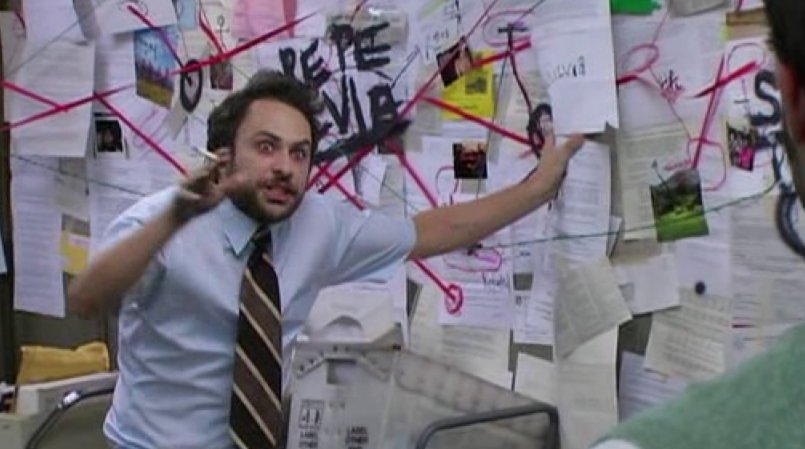Proposed legislation where every check and balance has been thought out by this bipartisan Secure Election Act giving States ultimate authority to run their elections.
Secure Elections Act
Somehow the WH is not giving it a go…nor is Mitch McConnell being clear about what he’s done or not done to support this.
WASHINGTON — A bill that would have significantly bolstered the nation’s defenses against electoral interference has been held up in the Senate at the behest of the White House, which opposed the proposed legislation, according to congressional sources.
The Secure Elections Act, introduced by Sen. James Lankford, R-Okla., in December 2017, had co-sponsorship from two of the Senate’s most prominent liberals, Kamala Harris, D-Calif., and Amy Klobuchar, D-Minn., as well as from conservative stalwart Lindsey Graham, R-S.C., and consummate centrist Susan Collins, R-Me.
Sen. Roy Blunt, R-Mo., was set to conduct a markup of the bill on Wednesday morning in the Senate Rules Committee, which he chairs. The bill had widespread support, including from some of the committee’s Republican members, and was expected to come to a full Senate vote in October. But then the chairman’s mark, as the critical step is known, was canceled, and no explanation was given.
As it currently stands, the legislation would grant every state’s top election official security clearance to receive threat information. It would also formalize the practice of information-sharing between the federal government—in particular, the Department of Homeland Security—and states regarding threats to electoral infrastructure. A technical advisory board would establish best practices related to election cybersecurity. Perhaps most significantly, the law would mandate that every state conduct a statistically significant audit following a federal election. It would also incentivize the purchase of voting machines that leave a paper record of votes cast, as opposed to some all-electronic models that do not. This would signify a marked shift away from all-electronic voting, which was encouraged with the passage of the Help Americans Vote Act in 2002.
“Paper is not antiquated,” Lankford says. “It’s reliable.”
In a statement to Yahoo News, White House spokeswoman Lindsay Walters says that while the administration “appreciates Congress’s interest in election security, [the Department of Homeland Security] has all the statutory authority it needs to assist state and local officials to improve the security of existing election infrastructure.”
Under current law, DHS is already able to work with state and local authorities to protect elections, Walters wrote. If Congress pursues the Secure Elections Act, it should avoid duplicating “existing DHS efforts or the imposition of unnecessary requirements” and “not violate the principles of Federalism.”
“We cannot support legislation with inappropriate mandates or that moves power or funding from the states to Washington for the planning and operation of elections,” she added. However, the White House gave no specifics on what parts of the bill it objected to.
A spokesperson for Senate Majority Leader Mitch McConnell, who sits on the Rules Committee, declined to say whether the majority leader, widely renowned on Capitol Hill for his backroom tactics, was involved in efforts to hobble the Secure Elections Act.
https://www.yahoo.com/news/white-house-blocks-bill-protect-elections-173459278.html



